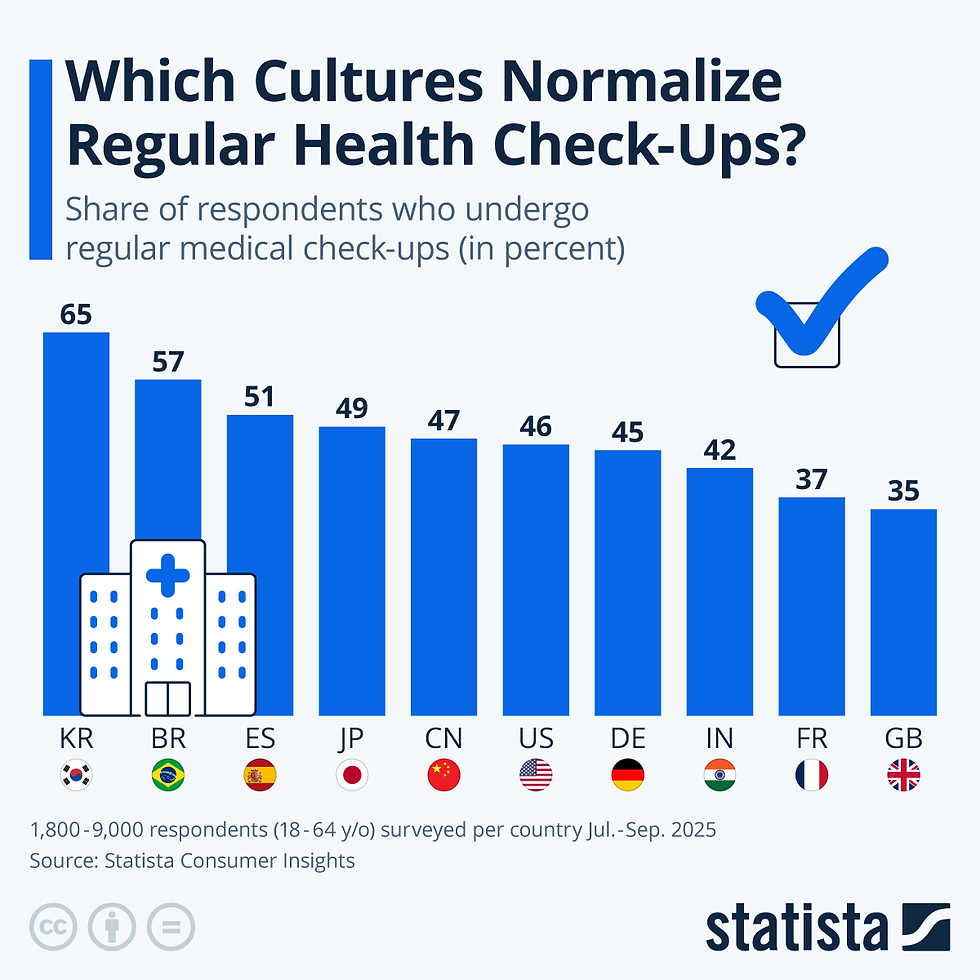How Uber and Lyft Measure Up
- raquelasg7
- Mar 2, 2024
- 2 min read
This article is published in collaboration with Statista
by Florian Zandt
When Lyft published its financial results for the fourth quarter and full year 2023 this past Tuesday, it offered a prime example of the stock market's volatility, which is sometimes driven by unsubstantiated or plain wrong information. Due to an alleged clerical error, the accompanying press release mentioned a projected five percent increase in earnings margin for 2024, when, in fact, the actual forecast was a 0.5 percent increase.
This typo drove up the price for Lyft's stock by 67 percent in early after-market trading before it dropped again to a more realistic 17 percent by 5 AM Eastern Standard Time once it was clear that the ride-hailing service's performance and outlook might have been good, but not previously-unheard-of good. Even though the U.S.-based company improved on its financials when comparing 2022 and 2023, partly due to cutting one quarter of its staff this past April after a leadership change, it still lags behind its biggest competitor Uber, which also heavily reduced its workforce since 2020, in many key performance areas.
For example, Uber's gross booking volume stood at $137.9 billion in 2023, up 19 percent from the year prior. Revenue increased by 17 percent or $5.4 billion. What's even more significant is the company's net loss, or rather its lack thereof this past year. For the first time in Uber's 15-year history, it entered the black with a net income of $1.9 billion.
Compared to Lyft, the market didn't respond as positively, with share prices rising by 1.8 percent after market close on February 7. This can, in part, be explained by the main contributor to this success being a one-time $1.6 billion benefit before taxes stemming from the revaluation of equity investments.
Also important to note: While Lyft makes its money with ride-hailing and shared mobility and its only significant market is the U.S., Uber is active worldwide and has expanded its scope of operations over the past years. Its mobility segment generated 61 percent of the total gross bookings and 64 percent of the total revenue, with freight and delivery making up the rest.
Even though both companies improved their financials and are bound to stay that course for 2024 as well, the companies' drivers are less than thrilled with the state of things. As Reuters reported on February 12, thousands of ride-sharing and delivery drivers employed by Uber, Lyft, DoorDash and others are expected to go on strike on today's Valentine's Day. "This is the biggest strike I've ever seen, thousands and thousands of drivers ... it's going to be nationwide," Miami driver Jonathan Cruz told Reuters.
Start leaning Data Science and Business Intelligence tools:
createandlearn#analytics#dashboard#finance#accounting#tableau#powerbi#excel#sales#datascience#businessintelligence





























Comments